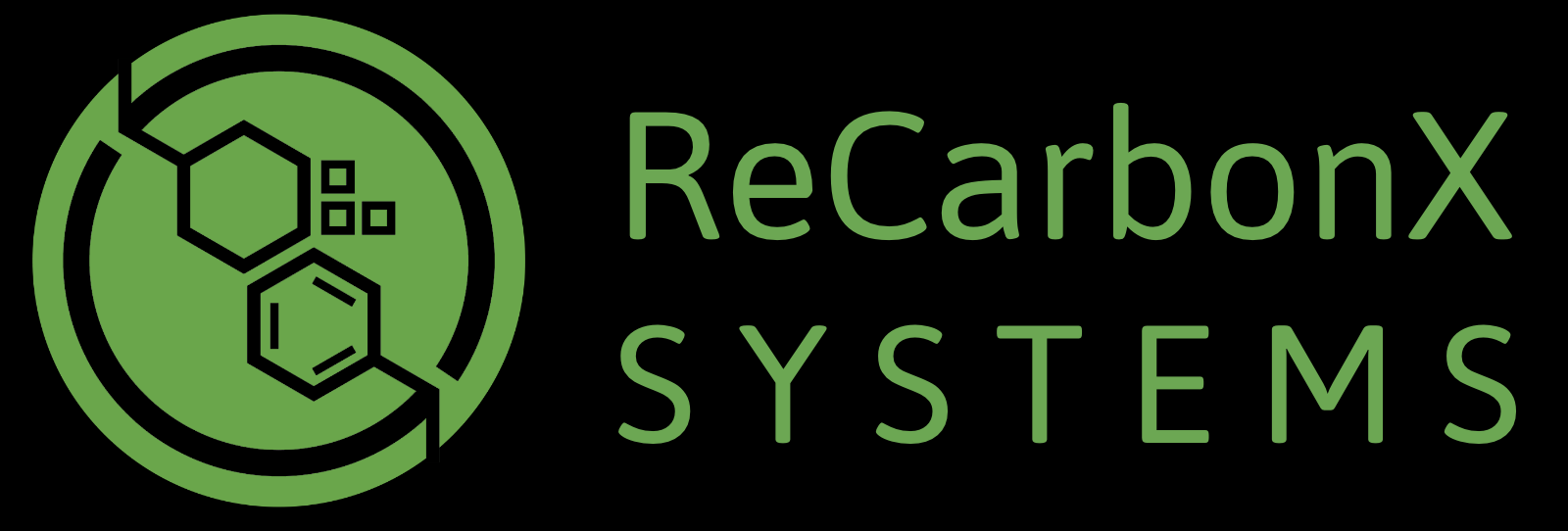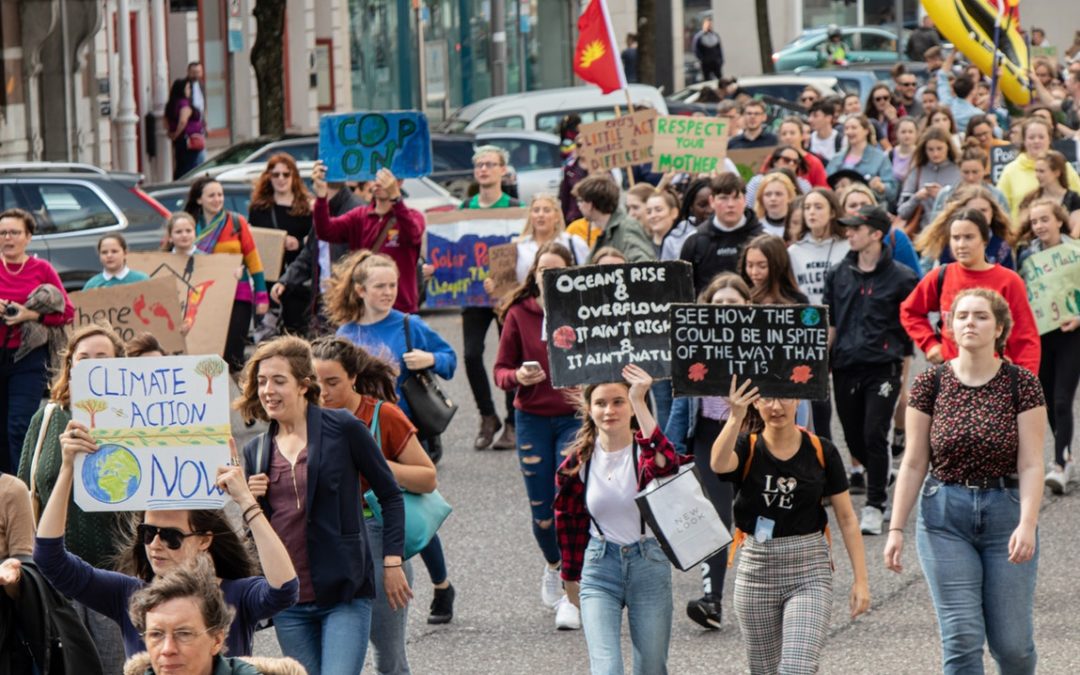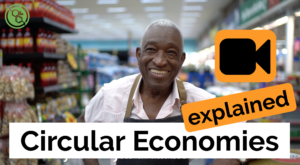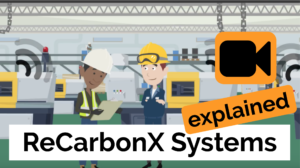The winds of consumer demand have changed.
‘Sustainability reporting’ is a Thing these days, and forms a valuable part of company communication with customers, stakeholders and consumers.
As far back as 2013, Ernst&Young’s joint study with Boston College Center for Citizenship reported improved reputation for companies who reported on their sustainability.
Yet in this era of fake news and false claims, proving company sustainability – and, perhaps more importantly, putting it into some kind of meaningful context – is a challenge that is only going to become more critical.
Blockchain, clearly, has changed the game in terms of transaction and tracking security, but at this stage, very few companies can offer a depth of understanding and experience with complex global value chain tracking alongside data interpretation and comparison.
This combination is important because, as of the past year, the winds of consumer demand have changed: not only are consumer behaviours (such as boycotting) in response to negative sustainability press starting to affect company bottom lines, but if companies are to present clear messages to their customers, the data (or ‘proof’) needs to be meaningful and not subject to misinterpretation or the whims of the reporting body.
Aside from productivity gains, one of the strengths of our ReCarbonX blockchain based tracking system is that it has been built by humans who see the big picture: our team has deep experience and understanding of complex manufacturing across many different sectors, and, collectively, we understand how to deliver trustworthy, granular data through the whole chain of product life.
Once integrated with production value chains, our system is able to contextualize the data for end consumers. We can present a product’s sustainability performance in relation to industry averages, and showcase a product’s carbon footprint based on, for example, GHG emissions, water consumption, different energy sources and uses, modes of transportation, and even the exact percentage of recycled material or organic feedstock.
With more and more money being funnelled into sustainability projects and innovations – as well as the distinct possibility that carbon taxes will become a part of governmental measures towards the Paris Agreement’s goal by 2050 – it’s critical that funding bodies and investors are able to see data to support sustainability claims.
*
If you’re interested in finding out more about our system, please explore our website and contact one of the team: recarbonx.com.
Image in this post courtesy @Saph-Photography via Pexels.





